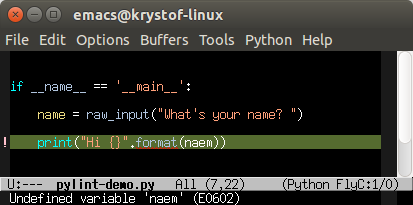This essay was originally published in
The Stag Hunt Special Issue on Human Education
.
I recently represented the company I work for at a career fair in New York City. The ranks of job-seekers were large and diverse in terms of background, age, and experience. Among the job-seekers, however, one group stood out: people in their late 20s to mid-30s who were looking to start a new career as programmers, having recently made up their minds to dramatically change paths. Here were former investment bankers applying for an entry-level programming position. By itself this is not particularly surprising: many people realize that the careers they enter right out of college are not quite what they expected and decide to switch tracks. Given increasing demand for programming and computer science-related jobs, it is natural that many turn to explore this field.
This group of people, however, had something much more intriguing in common. When asked about their first ventures into programming, many people used phrases such as “I never knew it was so easy…” or “it really surprised me that…”. Here were bright, curious people, most of whom had done reasonably well in their past lives, accidentally catching glimpses of how some very simple programs work and being taken completely off-guard by it. These people were so intrigued by the world of programming that they could not help but dive deeper into the rabbit hole. A common path was an intensive program taken over the course of a few weeks (General Assembly was a popular option) and then a full plunge into the world of entry-level job hunting.
This leads to a very important question: why had these people never been exposed to something with so much utility and transformative potential throughout the many years they had spent in the education system?
read more
